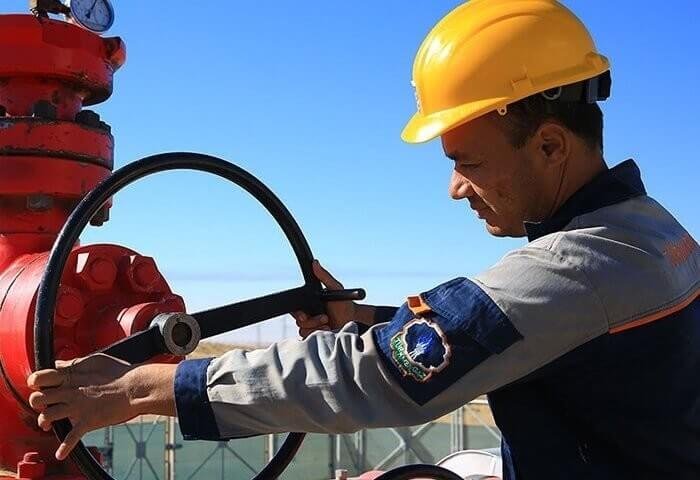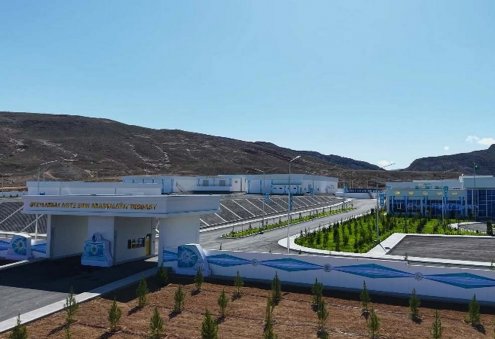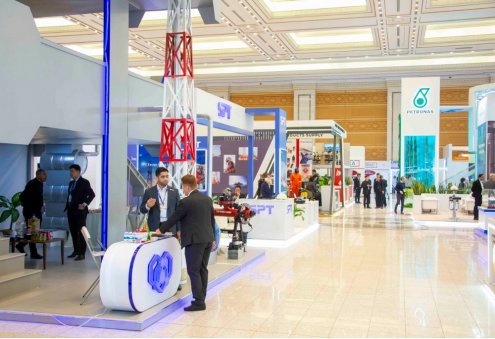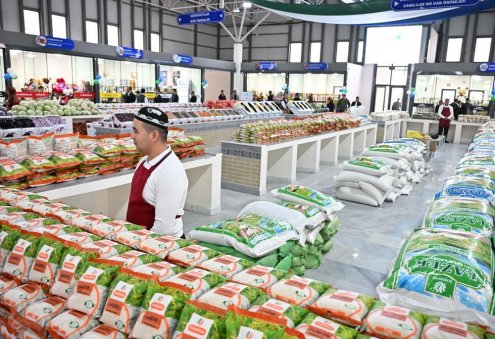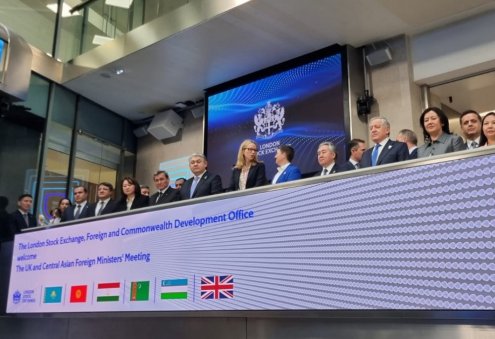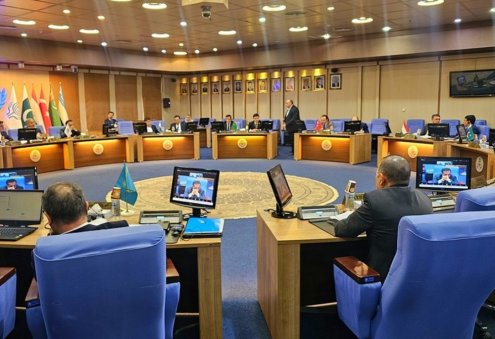Turkmenistan has expressed its position regarding the idea of creating gas unions and alliances, the activities of which could potentially affect the country's legitimate interests as a participant in long-term and successful energy projects over the years, according to the Saturday interview of Myrat Archayev, Deputy Chairman of the Türkmengaz (Turkmen Gas) State Concern, with Turkmen state news agency TDH.
Archayev commented on the statement made by Dmitry Birichevsky, Director of the Department of Economic Cooperation at the Russian Ministry of Foreign Affairs, regarding the so-called "trilateral gas alliance" involving Russia, Kazakhstan, and Uzbekistan. According to Birichevsky, Russia does not exclude the "possibility of expanding trilateral cooperation in the gas sphere" and knows that "other countries are interested in it." Archayev raised several questions regarding this statement. He questioned what "expansion opportunities" are being referred to, which "other countries" are interested, and what exactly lies behind this "trilateral cooperation" in the gas sphere. He stated that the ambiguous wording used by the Russian diplomat does not provide answers to these questions, adding that clarity is necessary in this matter since the interests of other countries, including Turkmenistan, are involved.
According to the statement, Turkmenistan, Kazakhstan, Uzbekistan, and China have been engaged in long-term cooperation in the transportation of natural gas from Central Asia to the China, with clearly coordinated volumes, timelines, economic, and technical parameters.
Presently, the Turkmenistan-China gas pipeline comprises three segments, facilitating the transportation of gas from Turkmen gas fields located in the eastern and southeastern regions of the country. Turkmenistan holds the position of the primary gas supplier through this pipeline. Among the total agreed annual volume of 55 billion cubic meters, Turkmenistan has secured contracts for 40 billion cubic meters, while the remaining volume is contributed by Uzbekistan and Kazakhstan.
There are no provisions for gas sources from other countries to fill the pipeline, and plans to expand the participants in the Turkmenistan-China gas pipeline project are not included in the existing volume distribution scheme for gas supplied to China.
The statement emphasizes that Turkmenistan strictly adheres to its obligations to Chinese, Uzbek, and Kazakh partners and expects reciprocity.
According to the Türkmengaz deputy head, any changes to the agreed volumes and delivery schemes of gas, utilizing the existing infrastructure, require prior coordination with all participants without exception. However, no consultations have been conducted with Turkmenistan on this matter. Such an approach is incomprehensible and unacceptable for Turkmenistan, as it is considered to be inconsistent with international law and practices in the gas sector.
As a responsible state, Turkmenistan believes that international cooperation, including in such a crucial segment as energy supplies, should be based on open and clear criteria, mutual respect, and consideration of interests, while strictly observing the agreements reached. Fluctuations in the external economic conditions cannot serve as a reason for changing these principles, as stated in the article.

